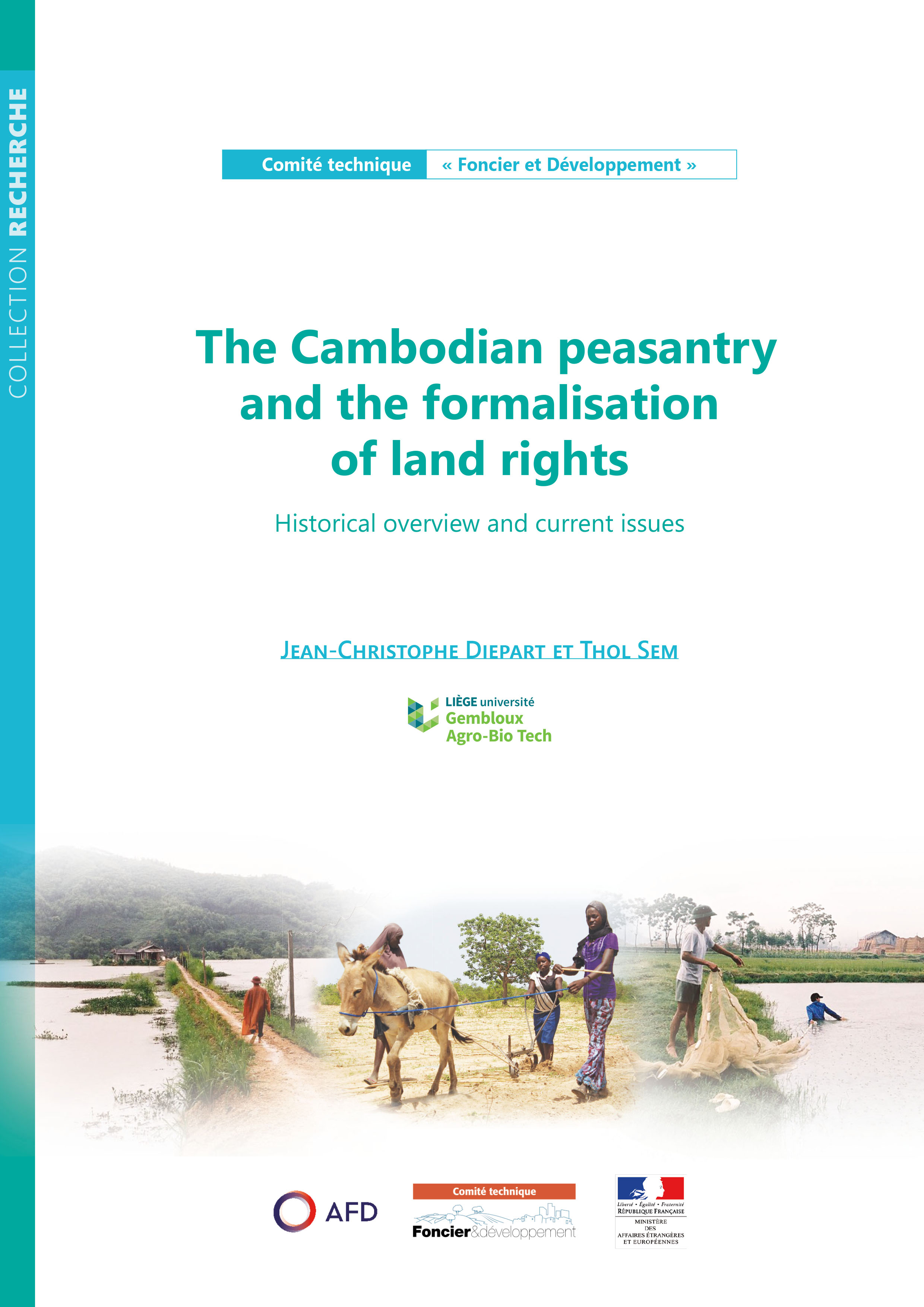What Awaits Myanmar’s Uplands Farmers? Lessons Learned from Mainland Southeast Asia
Mainland Southeast Asia (MSA) has seen sweeping upland land use changes in the past decades, with transition from primarily subsistence shifting cultivation to annual commodity cropping. This transition holds implications for local upland communities and ecosystems. Due to its particular political regime, Myanmar is at the tail of this development.



